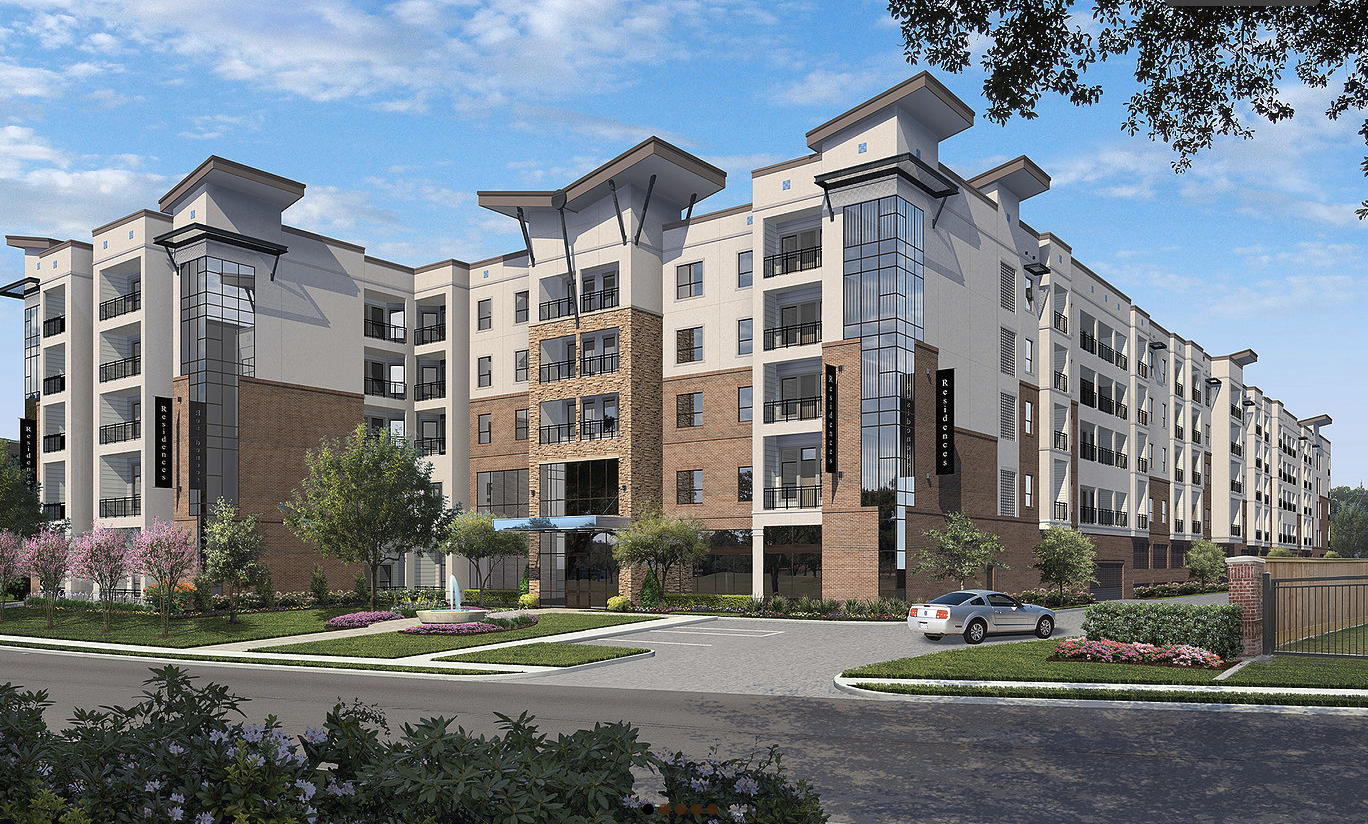Roughly a month after the U.S. Department of Housing and Urban Development found that Houston had violated the Civil Rights Act in blocking an affordable housing project, the city council voted to support -- or at least not block -- nearly a dozen such housing projects Wednesday.
The 12 proposed developments, most of which were in areas with poverty rates below 20 percent, were either recommended for a vote of "support" or "no objection" by the city's housing department. All but one secured those recommended votes.
Those votes are a key step in winning competitive, federally-funded low income housing tax credits through the state. A proposed senior housing complex in the 10100 block of South Sam Houston Parkway East was tagged by Councilmembers Dwight Boykin and Dave Martin, delaying a vote on the project.
The 12 projects include a total of 683 proposed new or renovated affordable units within the city, with another 860 beyond city limits but within its extraterritorial jurisdiction. Only two projects were located inside Loop 610, Houston's inner core.
“I want our low income residents to have housing options,” said Mayor Sylvester Turner in a statement before the vote. “They deserve the right to choose where they want to live. For some, that choice may be to stay where they grew up; for others, it may be to move closer to the upscale neighborhood near where they work. We need affordable homes in all communities, and we are committed to making that happen.”
The state uses a points-based system to determine which projects should receive the credits needed to make them a reality. Projects can receive points for being located near parks, universities and other amenities, and for being in low-poverty areas, among other categories. More points means a project is more likely to get the go-ahead.
Projects also get extra points for winning votes of support from the city council or, to a lesser extent, votes of "no objection." Those points can provide critical advantages as the projects compete at the state level. The final decision on which, if any, of the projects will be awarded tax credits won't be made until the state's housing department makes its final selections in July.
"I am not an advocate of multi-family units," said Councilmember Dwight Boykins at the council meeting. But he was supportive of the 112-unit senior housing complex proposed at 2222 Cleburne in his district.
Six of the proposed projects were located inside the city of Houston. The rest were inside the city's extraterritorial jurisdiction. Five of the projects were specifically for senior citizens.
Under state guidelines, a project is viewed more favorably if it's located in what's considered a "high opportunity area" with a low-poverty rate and relatively high median income.
The city's vote comes after the federal housing agency concluded that the city’s procedures for approving the location of projects relying on low income housing tax credit developments violated the Civil Rights Act.
According to the agency, Mayor Sylvester Turner’s recent decision not to move forward on a Galleria-area project, which would have been the Houston Housing Authority’s first development built in a high opportunity area was, in part, based on “racially motivated local opposition.” In practice, the report concludes, “the city’s complete deference to local opposition perpetuates segregation by deterring developers from proposing projects in areas where they are likely to face opposition.”
Turner responded to HUD then, reiterating concerns about the costs of the Fountain View project, in a statement saying, "We are taking a hard look at the letter, but there should be no misunderstanding about my commitment to providing options for low income families," adding, "Our underprivileged families should have the right to choose where they want to live, and that choice should include the right to stay in the neighborhoods where they have grown up."
Notably, one of the proposed developments that won approval from the council Wednesday is located in the same Galleria neighborhood where the Authority's proposed development was struck down. That 121-unit project is listed as an acquisition or rehabilitation of the existing Heritage apartment complex on its application with the state.

